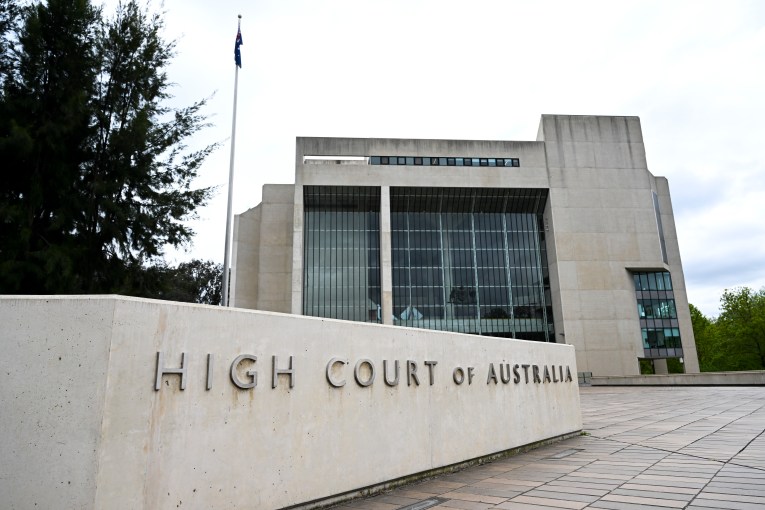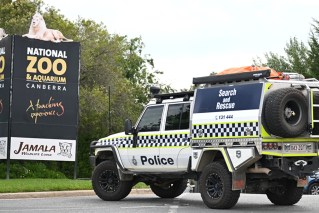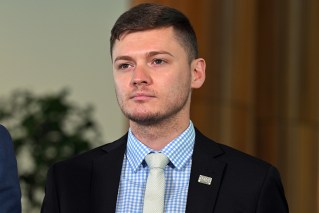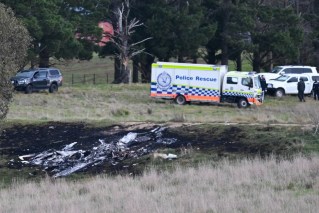Fears CSIRO staff exposed to toxic bacteria at lab
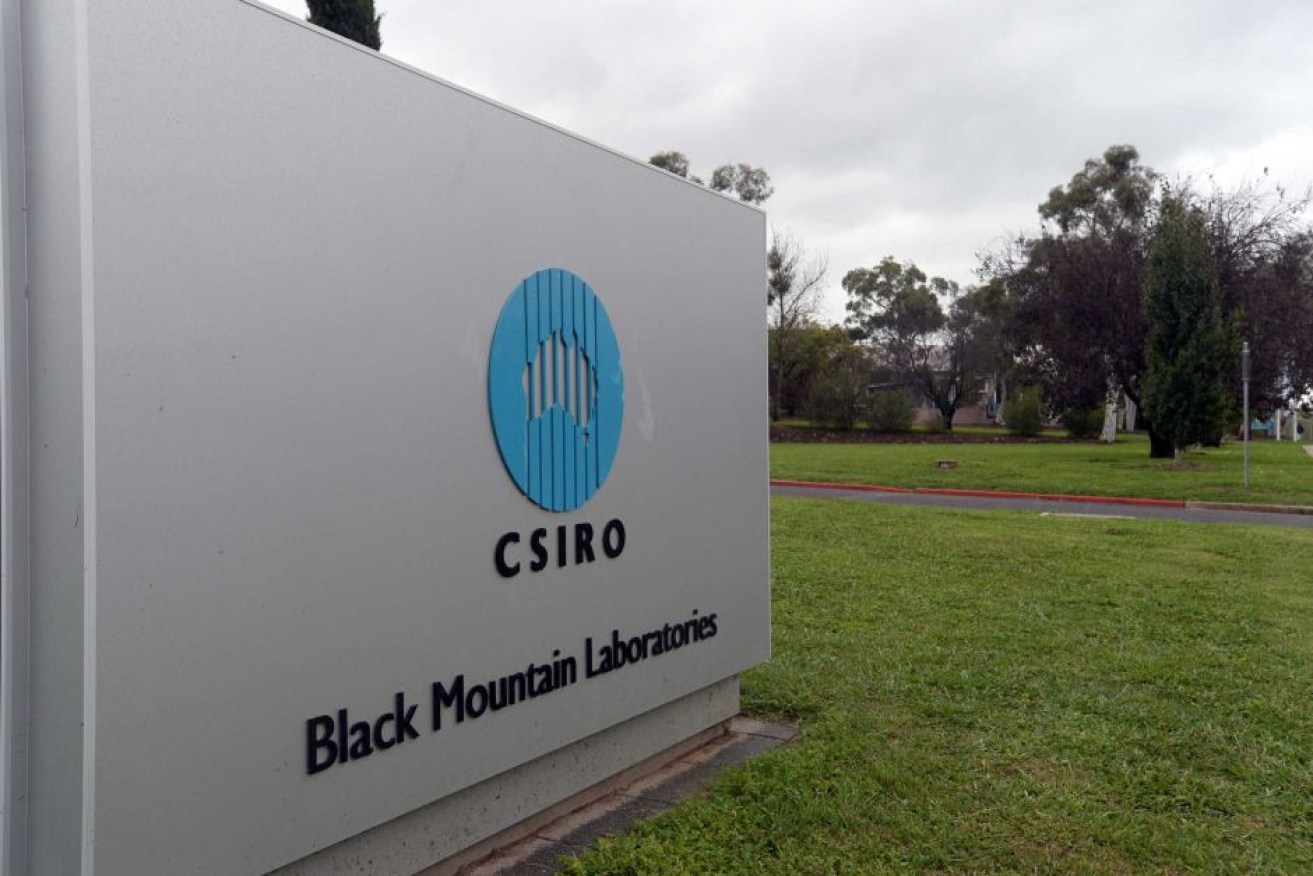
The CSIRO is investigating the breach in biosecurity and laboratory protocols. Photo: AAP
There are fears CSIRO staff have been exposed to toxic bacteria while conducting experiments at the organisation’s Black Mountain site in Canberra.
It is understood the group of 30 staff may have been exposed to the Nocardia testacea pathogen, a bacterium found in soil.
CSIRO has launched an investigation and notified Biosecurity Australia to seek advice on the breach.
The organisation has called in infectious diseases specialist Peter Collignon to investigate and all staff potentially exposed are expected to undergo tests.
According to a statement from CSIRO, Professor Collignon has assessed the bacteria species as “low risk” based on the low incidence, virulence and lack of evidence that the bacteria spreads person-to-person.
The ABC understands researchers were conducting experiments using the pathogen in an incorrect cabinet, leading to a breach in biosecurity and laboratory protocols.
“Our immediate focus is on the health and wellbeing of our staff,” the CSIRO statement read.
“CSIRO has arranged for Professor Collignon to provide a special staff briefing session… to answer any concerns staff may have.
“CSIRO will continue to support staff and keep them fully informed as necessary.”
Professor Cheryl Jones, president of the Australasian Society for Infectious Diseases, said Nocardia testacea was an environmental pathogen.
“It’s not a pathogen that causes significant disease,” she said.
“If people get exposed, generally their immune system is able to deal with this and it doesn’t cause disease.
“The sorts of people whose immune systems are abnormal [are at risk and include] people on chemotherapy or if they have been an organ transplant recipient.”
Professor Jones said the Nocardia pathogen generally did not spread easily.
“There are certain environmental pathogens that can spread easily airborne and cause disease [such as] Legionella [which] can be in heated water and air conditioning.”
Scientists are experimenting with pathogens to find out whether they can be used to effectively clear out contaminated sites.
-ABC
